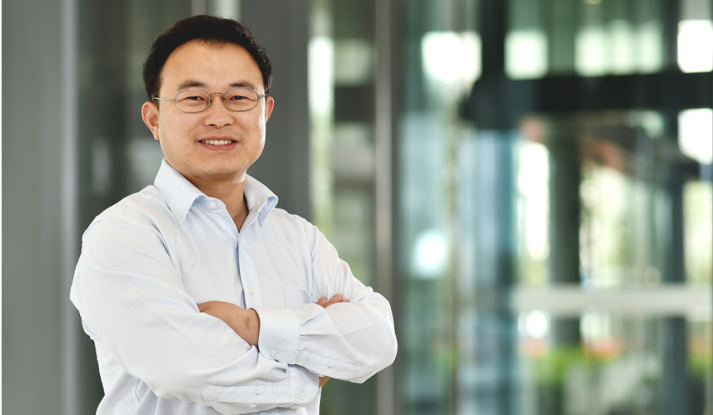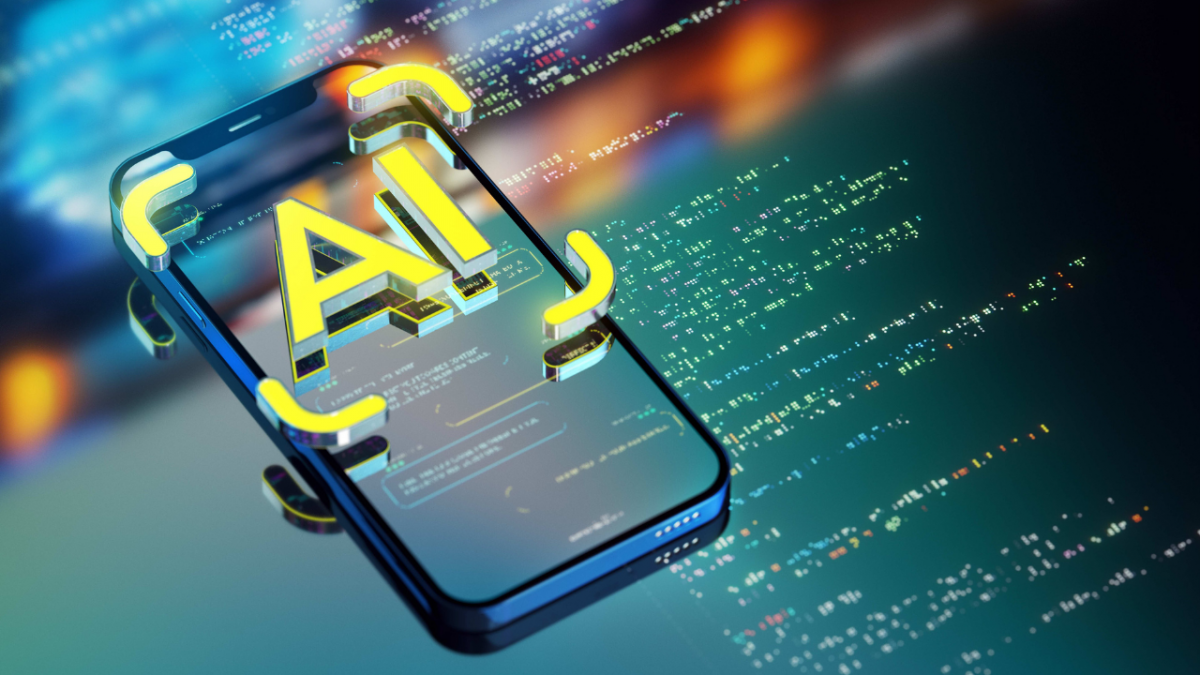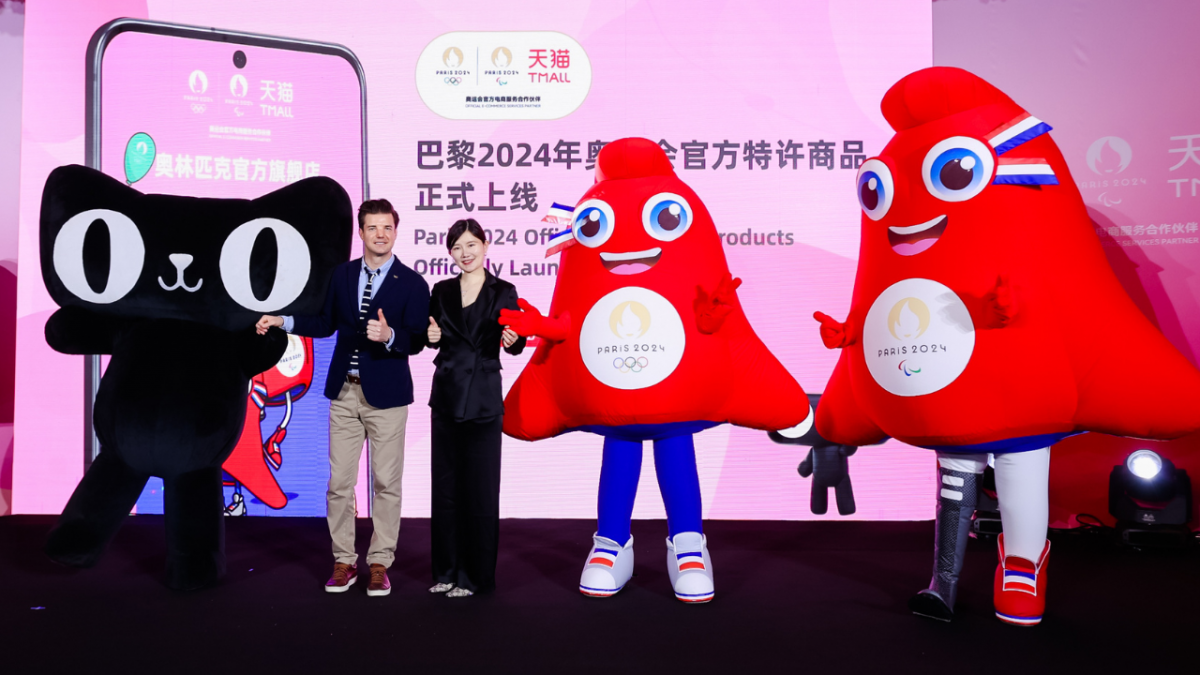
Alibaba Cloud, Alibaba Group’s cloud-computing subsidiary, was recentlyranked as a “visionary” cloud company in a report by influential technology research firm Gartner. One of the Alibaba Cloud executives behind that vision is Dr. Min Wanli, who is leading the company’s development of cloud-based artificial intelligence (AI) technology.
A former researcher at IBM’s T. J. Watson Research Center and a senior statistician Google. Min, who holds a Ph.D in statistics from the University of Chicago, oversees Alibaba Cloud’s AI projects, which aim to make learning machines accessible to businesses, manufacturers, governments and other organizations through an as-yet undeveloped array of AI-enabled solutions and services. Along with Alibaba Cloud Chief Scientist Jingren Zhou, Min was recently named by Forbes magazine as one of 20 leading technologists driving China’s AI revolution.
Among Min’s pioneering projects is Alibaba Cloud’s “ET Medical Brain,” a platform that harnesses the company’s massive computational capacity to drive the creation of new AI medical applications. Although efforts are just getting off the ground, Alibaba Cloud is already working with hospitals to train AI software to diagnose thyroid nodules by scanning ultrasound images. Early results indicate AI is making an accurate diagnosis in 85% of cases, a 15% improvement over the average accuracy rate of doctors.
Alibaba Cloud is also partnered with a private medical device maker, Wuhan Landing Medical High-tech Co., on a system that leverages AI and visual computation technologies to detect early stage cervical cancer by identifying DNA abnormalities in images of cell samples. But perhaps most ambitious is an Alibaba Cloud-backed project to train machines to detect lung cancer using high-resolution chest CT scans; for this project, the company partnered with chipmaker Intel and oncology big-data company LinkDoc to hold a competition to find the best real-world solution. More than 3,000 participants, including doctors and technicians, are competing by developing algorithms and models to analyze CT scans and improve the accuracy of early lung cancer detection while helping to pioneer the integration of machine learning with traditional medicine.
Alizila recently talked with Min about the project, and how AI can play a role in making healthcare more efficient. Here’s what he had to say:
AI is getting a lot of attention in the media right now. Where would you say Alibaba is at in the development of this technology for healthcare?
I would say we are still in a pretty early stage. I emphasize we are not trying to replace doctors or experts. We are trying to help doctors or experts do a better job, a more efficient job in diagnosing with medical imaging.
We started looking into this almost one year ago. It took us quite awhile to identify the specialized area to focus on in which AI could be useful. In the end, we determined that medical imaging could be a pretty strong use case. It requires a special expertise to do a diagnosis by reading medical imaging, and there is a big shortage of experts who can do the work. This imbalance in supply versus demand is a huge opportunity for a new technology.
How did the lung cancer project get started?
First we had to convince hospitals to join forces with us, to provide us with medical-image samples we could use to begin to teach our machine, our AI program. The samples needed to be annotated by specialists, because if a sample doesn’t have any annotation we don’t know if this is a healthy person or if it’s a sample from a sick person, so we needed expert diagnosis with each sample.
This was a pretty important step. To convince hospitals to collaborate with us took so much effort because at the beginning they were pretty reluctant. They thought we are trying to replace doctors. After we clearly elaborated our approach, our way of thinking, and our expected business model for future collaboration moving forward, we identified a couple of hospitals and also a company in medical information service area and they decided to test the waters with us, as a first mover. That’s how we started the whole Medical Brain business effort.
What came next?
It took two months to clean up the samples, after that we hired some experts to develop an AI program to analyze the images and to prove this was something doable. At the beginning, nobody knew if medical images are too complex for a machine to read or to understand. So we had to hire some technical people to do a deep dive, looking into medical imaging in much more detail. In the end, we concluded the annotated samples were of pretty good quality and quantity. We started with a first batch of more than 1,000 cases. That was enough to decide to go ahead.
I understand you actually started a competition to come up with solutions.
That’s correct. We invited anyone and everyone who might be interested to compete to come up with the best AI solution. This is an ongoing effort right now, but let me give you some interesting statistics. By the end of last week, we had roughly 3,000 participants registered for this competition. And out of the 3,000 participants, we have 30 plus people from hospitals, real doctors who want to improve their own expertise by participating in this competition and find the best solution. The first season (round) of the competition will be concluded by this September, then we will have additional seasons.
Explain how this early work on the Medical Brain will translate into a market opportunity for Alibaba Cloud.
Imagine if this Medical Brain is successful from a technical perspective. Then we deploy this as a service on the cloud. We can enable and empower hospitals in remote areas in the countryside; if they can connect to the internet, they can enjoy this AI service. Anybody, anywhere might be able to get a diagnosis by this AI service. We can monetize by charging a subscription fee or by charging per usage. There are many differently innovative models; if you look at how mobile carriers charge, we can use a very similar model.
So let me understand the Medical Brain itself. Although you are initially experimenting with lung cancer, the Brain is not a specific medical application, it’s actually a platform upon which AI solutions can run. And those solutions may be developed by others, correct?
Precisely. At the end of the day, Alibaba Cloud is not a medical company, so we cannot offer a total medical solution. Rather, we can offer the critical technical components to enable medical solutions powered by new technology. We can enable anybody, any hospital anywhere, as long as you have access to the internet and to our cloud. Essentially it brings equal opportunity to any medical hospital or unit. So to a certain extent this could alleviate the shortage of experts who can read medical images.
How would you describe the Medical Brain to a layperson? Is it a program, is it database connected to an AI solution?
It’s a combination of what you just said. You could describe it as software that accumulates the knowledge of many experts in a particular field. Essentially it evaluates the samples we provide very carefully and very thoroughly, and in the end it becomes a super expert in a certain domain, for example in cancer diagnosis.
At the end of the day, it’s just a program that is trying to help the actual doctor or expert do a better job and expedite their diagnosis process. Its advantage is, as opposed to an individual expert, this program never retires, it never takes a vacation, it works seven days, 24 hours a day, and moreover it keeps getting smarter and smarter and smarter, because it has a cumulative way of learning.
Which is the essence of machine learning …
Yes. It’s a self-evolving program. But it requires data input for an initial kick-start, you need a good amount of samples annotated by experts. Once you have that, gradually the number of samples keeps going up.
This knowledge will reside on Alibaba Cloud servers, but who will it belong to? I’m thinking about specific applications. There are any number of scenarios you can imagine in the diagnostic area. But Alibaba won’t necessarily be building them.
No, because the data doesn’t belong to us.
So what Alibaba Cloud is really providing is connectivity, data storage, computing horsepower and AI expertise?
Exactly. Let me give you an analogy: Suppose we have a manufacturer on Alibaba Cloud, a bread factory. We have our own recipe to produce some premium bread. We only sell the recipe, but we do not sell the raw material, the flour or wheat. That belongs to the manufacturer. We just offer the service.
What are the range of applications that you are looking at? What are the diseases you are looking to provide diagnosis for?
At this moment, our current focus is on lung cancer, and gradually we are looking into some related areas which rely on medical imaging. This is a journey that will take many years to complete, so we want to do this step-by-step, slowly and gradually.
At the same time, you are working with companies like Wuhan Landing Medical, which is commercializing an AI-enhanced system for cervical cancer screening.
Yes, we are seeing some start-up companies that realize the computation horsepower and the AI technique we have could help them to accelerate their own businesses. This could help us bridge out to other vertical domains by supporting applications in a variety of medical specialties.
Are you getting good results? How accurate is diagnosis by AI?
I would say pretty positive results. As I mentioned to you earlier, we hired our own people to build a baseline solution for the competition. Some of the participants have delivered results that are much better than baseline. It’s encouraging. I expect by the end of the first (round) we will see some pretty cutting-edge results.
Can you characterize what cutting edge would be? Say 90% accuracy? Better than human experts?
I can’t give a specific number right now because the sample size of only 1,000 is too small, there could be a high chance for random error. I would say wait until end of the first (round).
In the future, what do you think the impact of AI will be on patient care?
There could be both positive and negative effects. On the positive side, because of AI technology, it could be the case that anybody who needs healthcare, they might have care on demand, within their reach. They don’t have to wait a couple of days for test results, they don’t have to travel from the countryside to the big city to get medical service.
On the negative side, there might be a risk that the AI program itself could be erratic—by that I mean somebody might hack into the program, or you could suddenly have a power outage. This would be a rare event, but the results could be disastrous. Like any new technology, people can get dependent on it and they become vulnerable to any type of breakdown. But this is a common phenomenon, not necessarily unique to AI.




